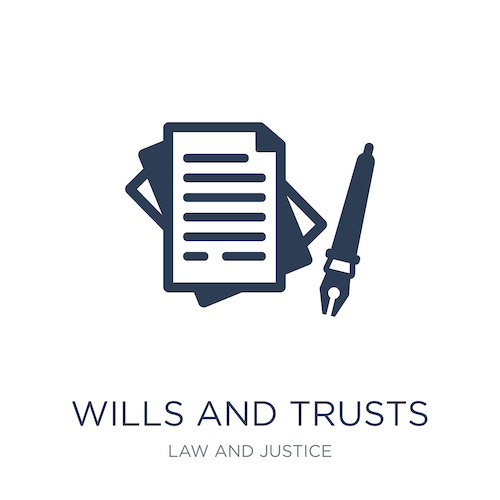
Most people have heard the terms “wills & trusts.” In fact, many articles written on these topics presume the audience understands the basics about these important documents. Unfortunately, however, in reality, many do not. Experts in the field coined these terms amid complicated, centuries-old law. So, unless you are an estate planning attorney, these concepts may remain merely that – concepts. If you consider yourself “fuzzy” about wills and trusts, know that you are not alone. After we show you the difference, we will explain why a trust is the better choice.
Wills & Trusts: Defined
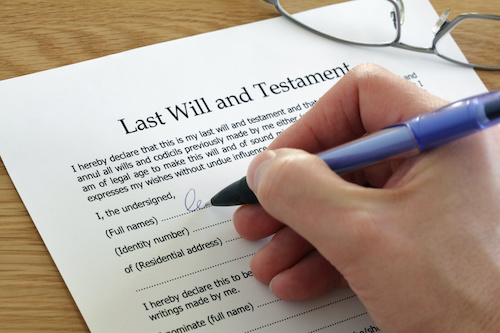
Will
A written document, signed and witnessed. Considered a “death” document, it goes into effect only after you die.
- Provides for the division and gifting of your accounts and property at death. But not accounts and property directed to others through beneficiary designations (e.g. life insurance or retirement benefits).
- Sends accounts and property without designations. These are owned solely by you, in your name, through the probate process.
- Allows you to appoint permanent guardians for minor children.
- Names the person you want to wind up your affairs (e.g. executor or personal representative).
- Permits you to cancel or change your decisions during your lifetime
- May not include protective trusts for your beneficiaries and tax planning. This is because many wills are simple 2-3-page documents.
- Tends to cost less than a trust on the outset. However, may cost more to settle during court proceedings after death.
Trust
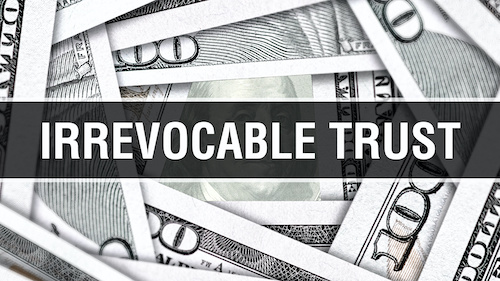
A trust (specifically, a Revocable Living Trust) (RLT) is a formal relationship. In it, the trust-maker names a trusted individual (trustee) to manage accounts and property. Done for the benefit of the person who executes it as well as the benefit of others (beneficiaries). When people talk about a “trust,” they usually refer to the legal document puts in writing. It takes effect during your lifetime, during any period of disability, and after death. Because the trust is effective during your lifetime, you can change it. That is why it is referred to as a “living” document.
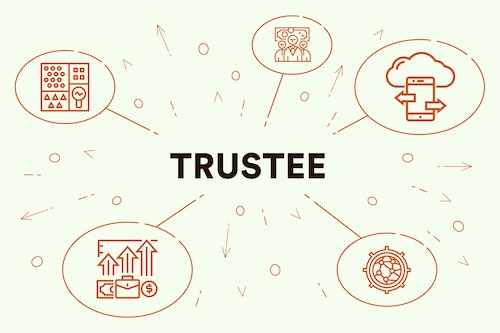
- Provides for the division and gifting of accounts and property.
- Avoids involvement of the probate court if the trust is fully funded. (This means that the ownership of the accounts and property changed from you as an individual to your trust).
- Provides for a back-up trustee upon your death, or if you are no longer able to manage your own affairs.
- Allows for the continuous management of your accounts and property. This occurs even if you are still alive but unable to do so yourself.
- Often includes protective trusts for your beneficiaries and tax planning.
- Permits you to cancel or change your wishes during your lifetime.
- Costs more than a simple will on the outset. But may cost much less upon administration, typically providing significantly more value.
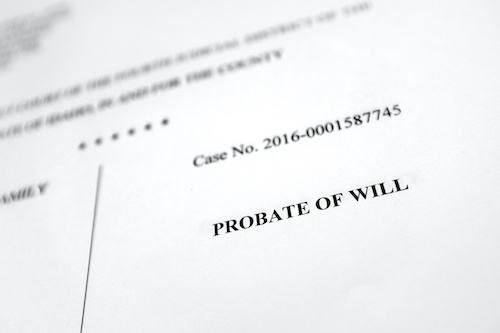
The Probate Process: A Key Element in Deciding Between a Will and Trust
Before you decide between creating a will and a trust, you should understand the probate process. The term “probate” – which literally means “proving” – refers to the process wherein a deceased person’s will must be determined to be valid. It also oversees payment of outstanding debts, and the transfer of accounts and property to beneficiaries.
The downside is that probate can take a long time. In fact, in many cases, probates drag on for years. Thus, they end up costing time and money. Also, since the entire process is public, your nosey neighbors will know exactly who got what and how to contact recipients. In virtually all cases, the only upside of probate is that once it has been officially closed, creditor claims are permanently curtailed.
Probate Guaranteed
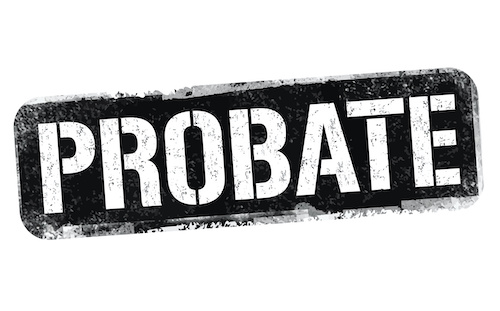
If you use a will as your primary estate planning tool, and you own property in your name, probate is guaranteed.
Probate Avoided
If you use a trust as your primary estate planning tool, the accounts and property are owned by the trust, not you. Avoiding probate saves your family time and money.
The Bottom Line about Wills & Trusts

Everyone’s situation differs. So, analyze every aspect of your situation. Consider what the future may hold. This will help you determine the right choice for you and your loved ones. We have found that most people choose a trust.
About Skvarna Law in Glendora and Upland, California
Skvarna Law Firm operates offices in Glendora and Upland, California. We provide legal services. We cover San Bernardino, Los Angeles, Orange and Riverside Counties. This includes several cities. Upland, Ontario, Rancho Cucamonga, Fontana, Colton, Rialto, Chino, Chino Hills, Glendora, Claremont, Pomona, La Verne, Montclair, San Dimas, Azusa, Covina, West Covina, Diamond Bar, Walnut, La Puente, Corona, Norco & Mira Loma. Visit SkvarnaLaw.com to learn more.


